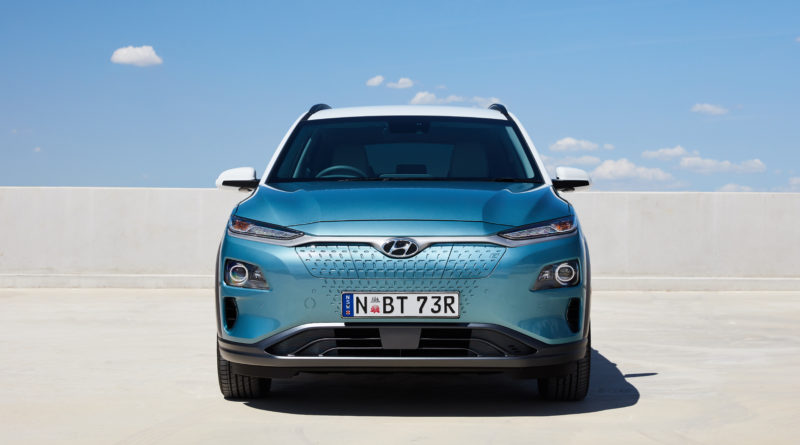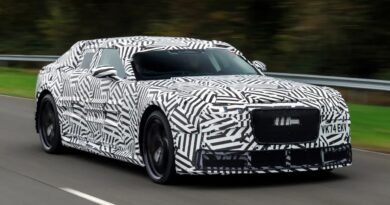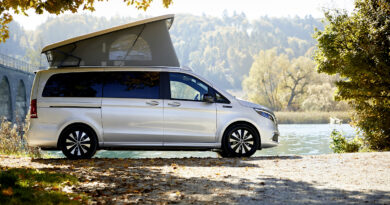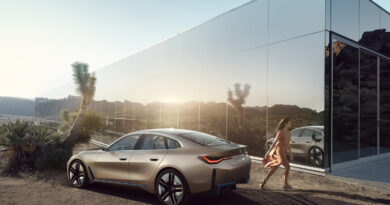Hyundai says EVs need government support to boost sales
Hyundai Australia says local electric vehicle adoption has “not been quite as rapid as we anticipated,” and “there are more factors at play than the sticker price.” Namely, a lack of government support for EV retailers and buyers.
Bill Thomas, Hyundai’s GM of corporate communications, was speaking to EVcentral about our government’s relatively poor incentives for Australian EV buyers as well as the brand’s EV sales figures.
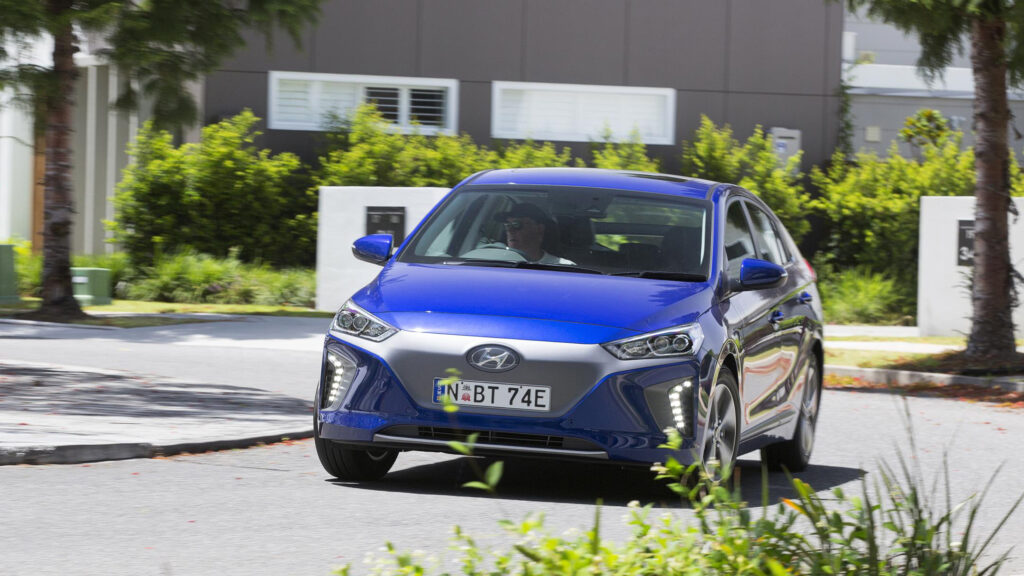
Hyundai’s electric inventory consists of the pure electric Kona and Ioniq, the plug-in hybrid Ioniq and hybrid Ioniq.
Its first 20 Nexo hydrogen fuel-cell electric vehicles have also recently arrived ahead of deployment to the ACT’s government fleet.
Monthly sales figures
Latest figures show approximately 700 Kona EVs (priced from $60,740) have sold since their early 2019 introduction, with an average of 42 selling each month in 2020 so far.

Some 550 all-electric Ioniq EVs (from $48,970) have sold over roughly the same time period, with average monthly sales for 2020 sitting at 30.
Hyundai is currently the only non-prestige brand in Australia selling more than one pure electric car, and as the nation’s third biggest car brand (by volume), it has every right to be disappointed with the lack of incentives offered to Australian EV buyers. Many European countries, USA, Canada and Japan, among others, offer rebates or incentives to reduce the cost of ownership of electric vehicles.
Government support needed
“If Australian governments decide to offer incentives to EV buyers, as we have seen in overseas markets, we would see an uplift in sales,” said Mr Thomas.
“But currently there is no policy to do that, or it is very limited. We are making sure governments at Federal, State and local levels understand the benefits of EVs like Ioniq and Kona. These include silent drivetrains, zero emissions, convenience, practicality, ease of use and low running costs.”
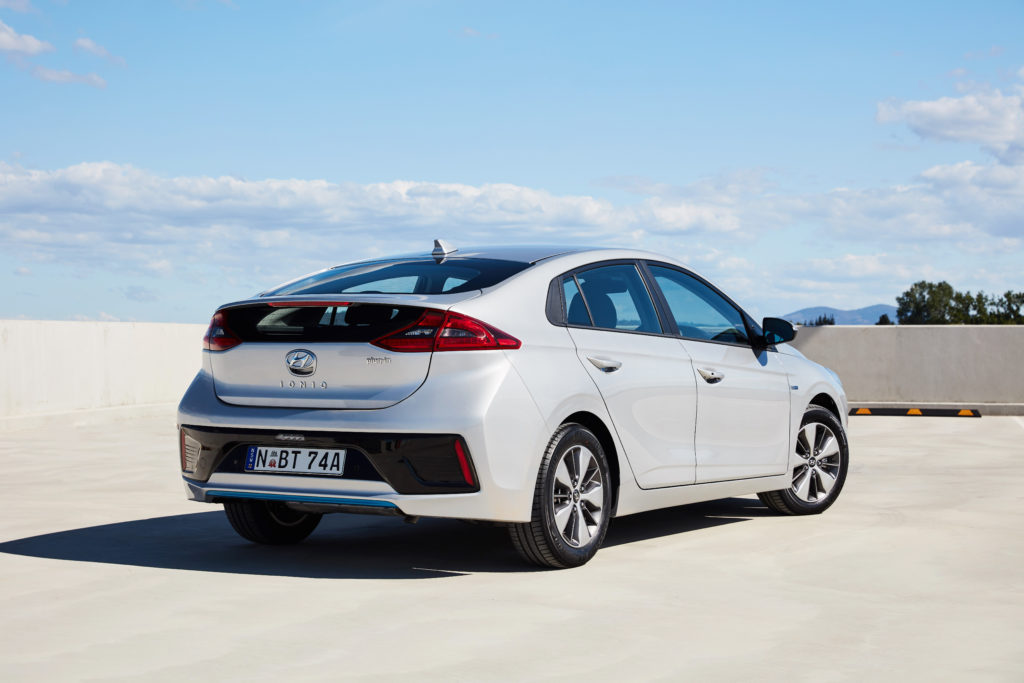
Despite this apparent lack of support, Hyundai Australia is pushing forward with its electric and hydrogen programs, and despite ever-increasing competition in the EV space, reports its brand has experienced a 12 per cent increase in pure electric market share in 2020 so far.
The Ioniq is a rather unique gauge for current Australian acceptance and adoption of hybrid, plug-in hybrid and EV cars, as the three models look almost identical. The pure EV Ioniq Electric is the priciest (the PHEV starts from $42,410 and Hybrid from $35,140), but represent 66 per cent of all Ioniq sales.
Hyundai tells us of all Ioniq purchases, 50 per cent are from private buyers.
Obvious benefits
It wasn’t divulged what percentage of Ioniq Electric sales were private, but Mr Thomas explained the benefits offered to government and company fleets.
He said Ioniq EVs were in use mainly by “government departments, councils, universities and energy companies looking to demonstrate (being) an ethical and forward-thinking organisation that is leading with emerging technologies in market.
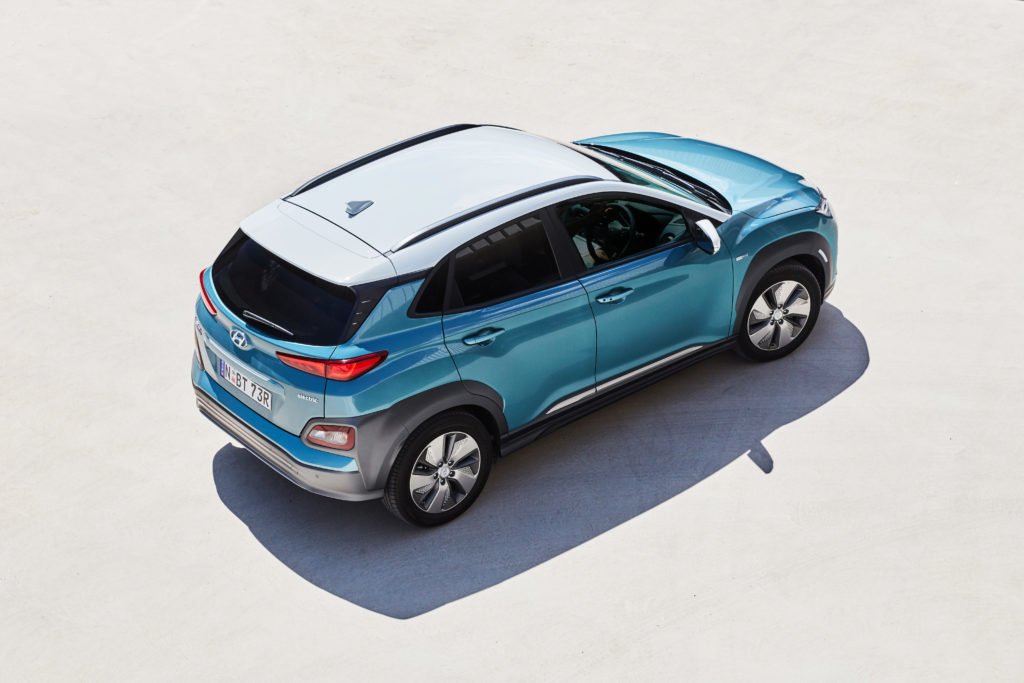
“These companies also show a commitment to sustainable practices by managing fleet decarbonisation and are looking at ways to improve their operating costs, therefore managing total cost of ownership for vehicles.”
Private buyers have fewer incentives, and until government policy addresses this, EV adoption will continue to not be as rapid as car companies anticipated.

